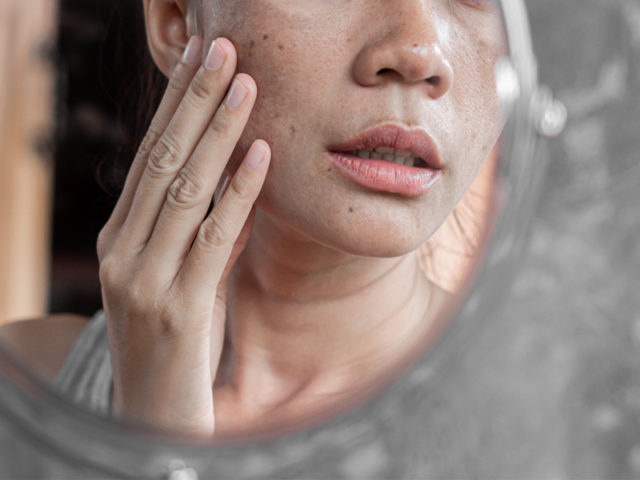Sun Exposure on Skin Pigmentation
Sun exposure is a double-edged sword. While it provides our bodies with essential vitamin D, prolonged exposure can lead to adverse effects on skin pigmentation. Understanding the impact of sun exposure on skin pigmentation is crucial for maintaining healthy and radiant skin. In this article, we will delve into the intricacies of this relationship and provide valuable tips for effective sun protection.
The Science Behind Sun and Skin Pigmentation
Our skin contains a pigment called melanin, responsible for its color. When exposed to the sun, the body triggers the production of melanin as a protective measure. This process leads to a tan, which is the skin’s way of defending itself against harmful UV rays. However, excessive sun exposure can disrupt this balance, resulting in uneven pigmentation, dark spots, and premature aging.
Sun Exposure and Hyperpigmentation
One of the significant concerns associated with sun exposure is hyperpigmentation. This condition involves the darkening of certain areas of the skin due to an overproduction of melanin. Prolonged exposure to the sun’s UV rays can exacerbate existing hyperpigmentation issues and even lead to the development of new dark spots.

Tips for Sun Protection
1. Use Sunscreen Daily
Sunscreen is your first line of defense against harmful UV rays. Choose a broad-spectrum sunscreen with at least SPF 30 and apply it generously, even on cloudy days. Reapply every two hours for maximum protection.
2. Seek Shade During Peak Hours
The sun’s rays are strongest between 10 a.m. and 4 p.m. If possible, limit your sun exposure during these hours. Seek shade, wear protective clothing, or use an umbrella to minimize direct contact with the sun.
3. Wear Protective Clothing
Opt for clothing that covers your skin, such as long-sleeved shirts, pants, and wide-brimmed hats. This physical barrier reduces direct exposure to UV rays, preventing sun damage and pigmentation issues.
4. Stay Hydrated
Proper hydration is essential for maintaining healthy skin. Drinking an adequate amount of water helps your skin stay resilient and recover from sun exposure. Hydrated skin is less prone to peeling and dryness caused by the sun. If you found this article useful, you may also visit their page to read more about pigmentation on face.
5. Use Antioxidants
Incorporate antioxidant-rich skincare products into your routine. Antioxidants help combat free radicals generated by sun exposure, preventing damage to skin cells and reducing the risk of pigmentation issues.
Conclusion
Understanding the impact of sun exposure on skin pigmentation empowers individuals to take proactive measures for sun protection. By following these tips, you can enjoy the sun safely and maintain radiant, even-toned skin. Remember, prevention is key when it comes to preserving your skin’s health.





